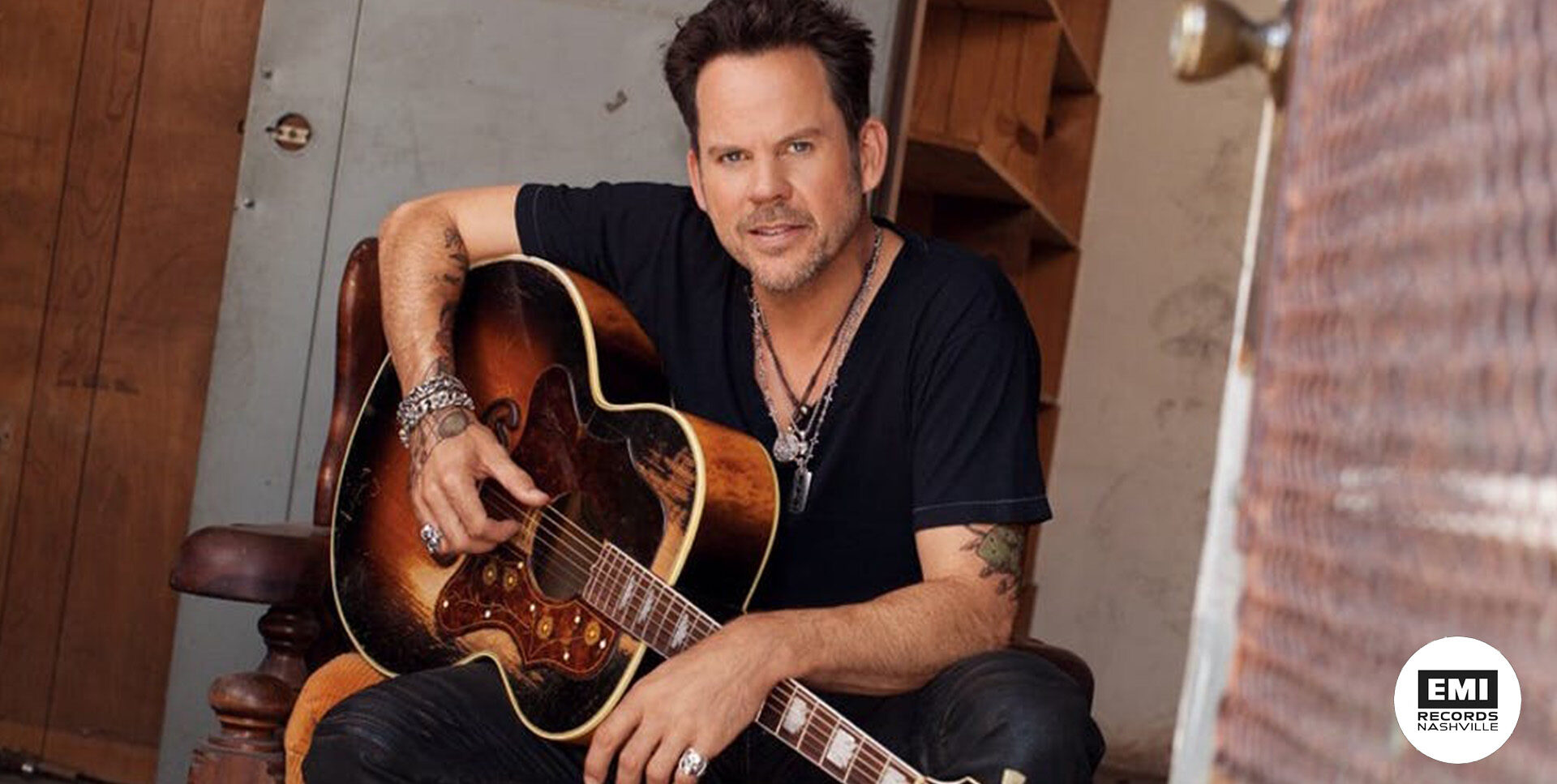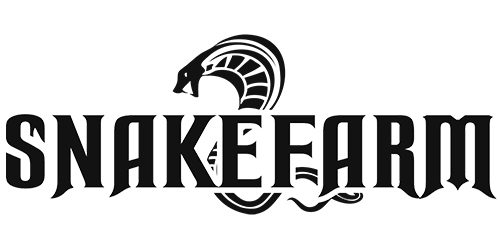
About
Dictionary.com defines freedom as “the power to determine action without restraint.” Thus, Gary Allan’s Set You Free is a perfectly named, well-conceived album that embodies his own evolution toward personal, creative freedom. The album, sequenced with a storyline in which a man breaks the restraints of a failed relationship and conquers the loneliness of its aftermath, is the result of Allan’s own journey as a man and as an artist.
He took a number of new steps during the recording process – by mixing up the production team, playing lead guitar on a number of tracks, writing more of his own material and using a handful of new co-writers. As a result, he came up with the most optimistic album of his career, one that acknowledges the hurdles of the past and the ways in which they’ve helped to shape his current sense of renewal.“It’s all about healing,” Allan says. “It’s all about the evolution of getting better. He has, to be sure, drawn heavily from that viewpoint, mixing honky-tonk bravado and grainy isolation across eight previous studio albums, all the while mining the emotional turf that fuels a life well-lived: the joys of parenting, the heartache of personal loss, the testosterone of disagreement and the unpredictability of love. He registered five #1 singles – “Man To Man,” “Tough Little Boys,” “Nothing On But The Radio,” “Watching Airplanes” and “Every Storm Runs Out of Rain” – in addition to such trademark hits such as the lonely “Best I Ever Had” and the swaggering “Right Where I Need To Be.” Allan’s amassed seven gold albums in the process – three of them certified platinum, as well – and maintained the admiration of critics for his unwavering uniqueness.
Set You Free is at once familiar and enlightening. Fans who have followed Allan throughout his 17-year recording career will recognize the dark crevasses in the project – the gnarled anger of “Bones,” the honest self-examination of “It Ain’t The Whiskey,” the sinister self-abuse of “Sand In My Soul.” But as the album’s cinematic plot unfolds, it opens into a refreshing glimpse of self-acceptance. Allan falls into a carefree, quasi-reggae groove on the upbeat “No Worries.” He couches past suffering as a tool for a promising future in the driving, penultimate “Pieces.” And he closes the album with a dramatic, lush proclamation, “Good As New.” That latter title sums up the emotional place in which Allan finds himself, and he attributes much of it to music. “There’s no better thing than to have all your best friends come over and to talk about the emotions that you’re having,” Allan says. “Songwriting is the best therapy in the world.” Allan is also good as new in a literal, physical way. Set You Free is the first album he recorded since the removal of a polyp on his vocal cords that had doggedly restricted his range, his strength and his expression. The issue was discovered almost by accident during a routine checkup with a Nashville voice doctor. But it explained why his concerts had ever so gradually become a test of his endurance.
“Every time I would go out before the surgery, I would only last full force for about three songs,” he says. “I could feel the fatigue, and I could feel my cords swell up, and I had other people hitting notes for me. They removed the polyp, and it was like I was 18 again. It was amazing how well it worked.”
The difference is noticeable. There’s always been a gritty, gravelly edge to his performances, but confident that his voice will respond, Allan pushes himself on Set You Free, singing with more command, authority and pliability than he has in years.
Able to challenge himself vocally, he found other ways to draw from his creative muse. He devoted more time to writing songs and explored a new avenue by co-writing for the first time with a series of women. Of the five songs he penned, four are co-written with three different women – Sarah Buxton, Hillary Lindsey and Rachel Proctor – a step that unlocked an undefinable energy. He particularly enjoyed many of the songs he wrote with Lindsey, who’s written a bevy of successful country titles in the last decade, including Carrie Underwood’s “Jesus, Take The Wheel,” and Lady Antebellum’s “American Honey.” “Every time I’ve written with her and my buddy Matt Warren, we end up with like nine starts of a song, because it seemed like we were always branching off into some other subject,” Allan notes. “Then we’d come back and we’d write one or two of those and have four or five more ideas. Eventually, we would come back and finish writing one or two more of those. It’s an amazing thing that we have. We’ve written nine or ten songs, but we’ve only been written together three times. It’s quality. Once you get those kind of rhythm going, you try to ride it out the best you can.”
Their efforts included “Every Storm (Runs Out Of Rain),” the first single from the album – which features Lindsey as the harmony vocalist. It marks the first time a woman has provided the backing vocals on one of Allan’s singles, providing a softer contrast to his roughed-edged, ultra-masculine tone.
“Every Storm,” in fact, is a distillation of the entire album, as well as the renewal that accompanied it. The singer bravely faces all of his demons – “Don’t be afraid of the thorns / ‘Cause we all have thorns” – as he moves forward, ending the chorus by hitting an extended high note on a line that just happens to be the album’s title, “Set you free.”
“That line,” Allan muses, “says so much.”
The Southern California-born Allan has been exploring the thorns since the beginning of his musical life, when he played the clubs during his high school years. After graduation, he developed a following in the area, regularly attracting an audience that featured a rare mix of rednecks in western boots and neo-Goths with piercings and spiked hair. Allan was particularly inspired in a concert by the Highwaymen – Waylon Jennings, Willie Nelson, Johnny Cash and Kris Kristofferson – to pursue music that mined the dangerous side of life. “They were so powerful,” Allan reflects. “It was like punk rock to me. It was so hardcore. I really, really wanted to be a part of that lifestyle.”In Set You Free, Allan found even greater artistic clarity, building a cohesive narrative from a collection of songs directed by three different producers. Longtime friend Mark Wright (Gretchen Wilson, Lee Ann Womack) tracked three songs, while the versatile and mysterious Jay Joyce (Eric Church, Cage The Elephant, The Wallflowers) turned in five and Allan co-produced the final four with engineer Greg Droman (Brooks & Dunn, True Blood theme).
“Getting in and doing it myself with some of my band guys was a big deal,” Allan observes. “It was a big breath of fresh air.” Which is what Set You Free represents. The album’s lyrical journey from darkness to light reflects much of what went on behind it – the progression of Allan’s own life as an adult, the restoration of his voice, the renewed energy from working with new songwriting partners and the challenge of producing his own tracks and playing his own lead guitar. All of those changes have given him a new sense of freedom. “I seem to gravitate musically toward wherever I’m at in my life at that time,” Allan says. “And I’m in a real good place.”
Videos
Tour Dates
[gigpress_shows scope=upcoming artist=37]
Social Media
Check out our favourite Gary Allan songs on our Spotify playlist






